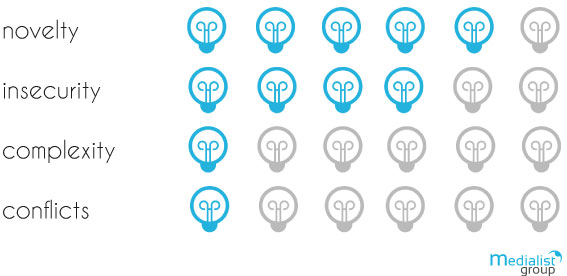The fields of application of Augmented Reality are versatile. But in spite of the potential, which is shown again and again in different technological future scenarios, AR is today often rather a gimmick, as for example with the Instagram filters. At this year’s I/O, Google is delivering on a promise they made a year earlier at the developer conference. They make augmented reality useful and integrate it into their search and Google Maps.
With the new feature, the user’s smartphone camera places the walking direction over the real road, making orientation on foreign roads even easier.

This use of augmented reality technology is not only obvious, but also extremely useful. It is not necessary to have the application constantly in use, it is activated when you are not sure which road to take or if you are on the right side of the road. By holding up the smartphone, Google Maps opens the camera and sets the direction over the real environment.
For the start, the new AR function of Google Maps is initially only available on pixel smartphones from Google, but other operating systems will certainly follow very soon.
Innovation profile: Google Maps AR
Augmented Reality and navigation apps really fit together beautifully. With the developments they present, Google is taking a path that will inspire many users. This results in the following innovation profile:

Anyone who has ever been to a foreign city knows how useful Google Maps is. The extension with Augmented Reality is a logical next step. Nevertheless, the way it is implemented is extremely New, because Google sets completely new standards here. The Complexity however, so statements of first beta users, is very small. Google Maps AR can be served problem-free and captivates by a high accuracy. Even if there will be at the beginning surely some uncertainties with the users, as it is frequently the case with new technologies, they will discover and use my expectation fast the advantages, which holds the uncertainty high, however the conflict content extremely minimized.
Fazit: The integration of AR components into their core apps is a clever move to slowly introduce users to this as yet unknown technology. They can gain first experiences with Augmented Reality and become more familiar with other AR contents later than they would currently do.
Post Picture: Google

